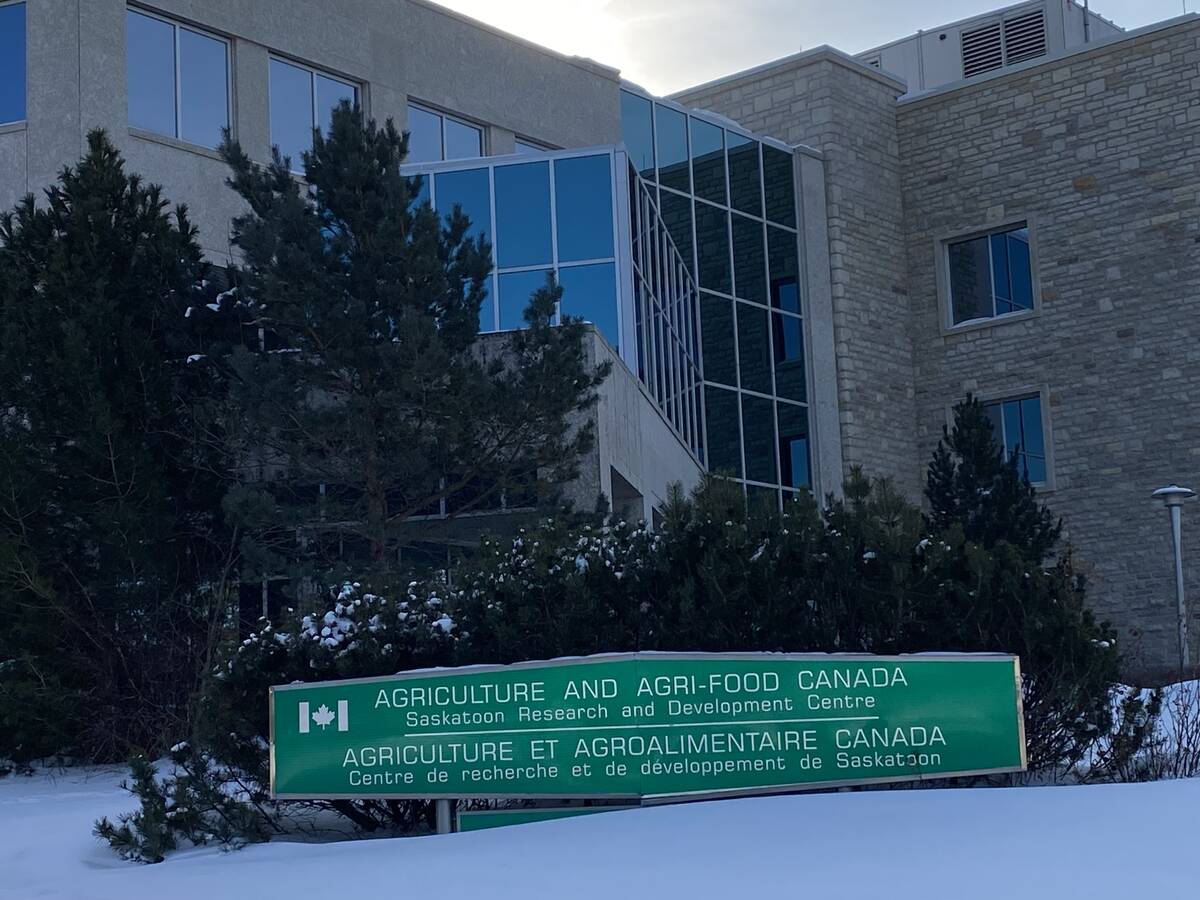A bare trust is a trust relationship characterized by the following hallmarks:
- The trustee holds legal title to property and has no other powers, duties or responsibilities in relation to the trust property.
- The settlor is the sole beneficiary of the bare trust and retains the right to control and direct the trustee in all matters relating to the trust property.
Related story – Time to pay attention to bare trusts, part two
Read Also

Don’t undermine the backbone of agriculture
Agriculture Canada and the dedicated public servants who work every day to support Canadian agriculture are a crucial pillar of the sector and they need support — not austerity.
A common refrain we hear from senior clients is the desire to avoid probate fees when they pass away. Jointly held assets are not subject to probate and the consequent probate fees. Therefore, an elderly parent will often add an adult child or adult children as a joint title holder to bank accounts or the family home.
In doing so, the intention is that the parent remains the beneficial owner of that bank account or family home, and that the adult child is only put on title to minimize the fees and costs associated with probate. As a side note, I recommended that such trust or agency relationship be documented with a written agency agreement to reflect the above intention. This can help to avoid future legal battles about whether the parent intended a gift to the adult child or whether the adult child became one of the beneficial owners when added to title.
By adding the adult child as a joint owner of bank accounts or the family home, the parent has likely created a bare trust. The adult child is the trustee. The parent is the settlor and sole beneficiary. The adult child’s only function is to hold legal title to the property and can take no action in relation to the property without instructions from the parent as the beneficial owner of the property.
The parent, as the beneficial owner, retains the right to control and direct the adult child in all matters related to the property.
For example, if the parent directs that the family home be sold to a third party, the adult child’s sole duty is to convey legal title to the family home, in accordance with the instructions provided by the parent. The net sale proceeds arising from the sale of the family home would be entirely for the benefit of the parent.
New reporting rules
In 2018, the federal government signalled changes to the Income Tax Act to expand the trust reporting regime for all express trusts, unless specifically excepted.
In 2022, the federal government signalled that bare trusts would be subject to the new trust reporting rules. As things stand, these new rules are effective starting with the 2023 calendar year.
Historically, bare trusts have been ignored for income tax purposes and their existence was not reported to the Canada Revenue Agency. However, under the new reporting obligations, an annual T3 trust return must be filed for the bare trust, which includes disclosure of certain information to the Canada Revenue Agency — the name, address, date of birth, tax residence and taxpayer identification number for the trustee, settlor, beneficiaries, and anyone who can exert influence over the decisions of the trustee.
With the bare trust example above, this would include the identification and disclosure of information for the bare trustee (the adult child added to title to bank accounts or the family home) and the settlor/beneficiary (the parent who remains the true beneficial owner).
Possible exceptions
There are several trusts listed in the legislation that are exceptions to the new rules and do not have to comply with these new reporting requirements. The exceptions that may apply to bare trusts in a particular year include:
- The bare trust has existed less than three months at the end of the year.
- The bare trust holds only money, government bonds and publicly traded securities with a fair market value of $50,000 or less.
Penalties
If a bare trust fails to file a trust return under the new legislation, the late filing penalty would be $25 per day, with a minimum penalty of $100 and a maximum penalty of $2,500.
An additional penalty equal to the greater of $2,500 and five percent of the maximum fair market value of property held during the relevant year by the trust will be applied where the failure to file was made knowingly or due to gross negligence.
Depending on the value of trust property, the five percent penalty could be severe.
Going forward
If you are a bare trustee or a beneficiary of a bare trust relationship, I suggest you reach out to your accountant to discuss the new T3 filing obligations.
If the bare trust relates to the family home (the parent has added an adult child to title to the family home for probate planning purposes), then you should also ask your accountant about possible filing obligations under new federal legislation called the Underused Housing Tax Act.
Jessi Brockman is a lawyer with Stevenson Hood Thornton Beaubier LLP in Saskatoon. She can be contacted at jbrockman@shtb-law.com. This article is provided for general informational purposes only and does not constitute legal or other professional advice.















